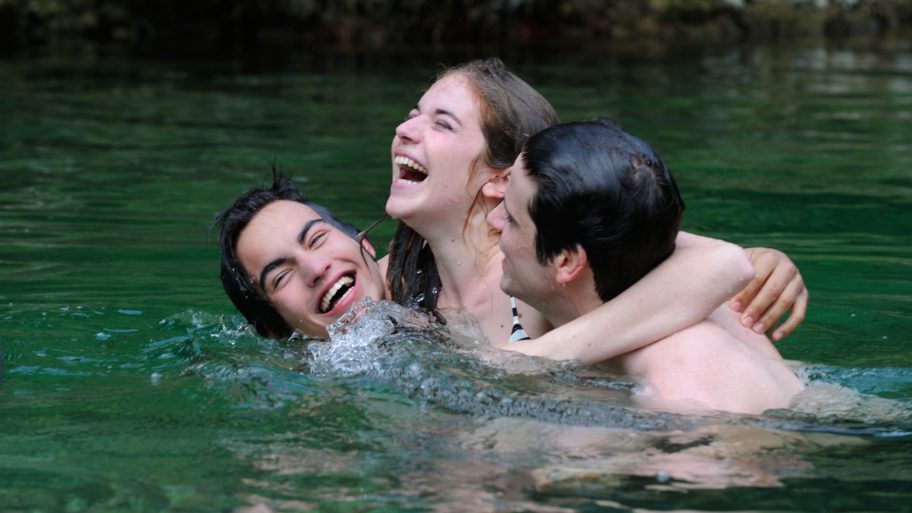Un Bacio
2016, 102 minutes
Loreno, Blu and Antonio have a lot in common: they’re sixteen, they’re in the same class and they have a family that loves them. And they are, for various reason, not accepted by their fellow classmates. The three become friends and try to find their own way. A film that isn’t just about puberty and the search for happiness, but also about bullying and homophobia.
Un bacio is not your ordinary movie about dithering adolescents, but instead takes an honest look at relevant themes like bullying and homophobia. Lorenzo is the new kid in school. With his extravert behaviour and peculiar clothing style, he isn’t hiding that he’s gay. In a small Italian town this is sure to provoke some pestering, but it doesn’t seem to bother him. He befriends two other social outsiders: Blu, the recalcitrant daughter of well-to-do parents, who is castigated as a slut after a video on the internet shows her kissing several boys. Antonio’s brother was recently killed in a motorcycle accident, which weighs heavily on him. Although he’s the star player of the basketball team, he’s too reclusive to be popular. The three enjoy each other’s company, until a timid kiss changes everything. Ivan Cotroneo alternates making films with writing juvenile literature. Un bacio was released as a novel in 2010, before he reworked it as a film (which won the Globo d’Oro for Best Screenplay). The attractive protagonists, the cinematography (with playful dream sequences and nods to Truffaut’s Jules et Jim and Godard’s Bande à part) plus an excellent soundtrack (Lady Gaga, Mika, Emeli Sandé) make Un bacio a perfectly poignant film.
Credits
- Themes
- Family, Identity, LGBTQ+, Youth and children's rights
- Suitable for
- havo/vwo - bovenbouw
vmbo b/k - leerjaar 3 & 4
vmbo t - leerjaar 3 & 4 - Director
- Ivan Cotroneo
- Country of production
- Italy
- Type
- Fiction
- Duration
- 102 minutes
- Year
- 2016
- Age rating
- 12
